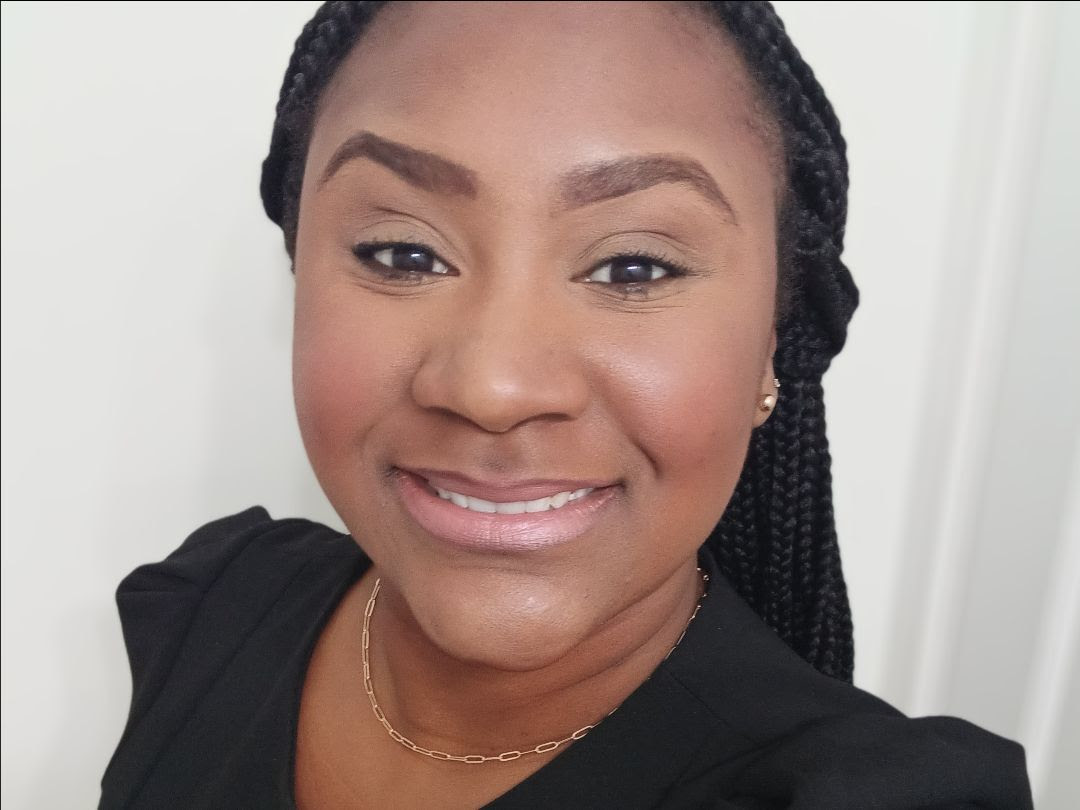A Reproductive Justice Approach to Adolescent Sexual and Reproductive Health in Baltimore
Published:
We make sure we show up for everybody, provide information to whomever needs it, and share all the options…We listen to what people are saying and what works for them and what does not. To me, that’s Reproductive Justice!Ashley R. Cunningham, BCHD Program Director of Health Education and Outreach

When it comes to supporting adolescent sexual and reproductive health, context matters.
Take Baltimore: the city’s struggles with housing segregation, poverty, and health inequities affect the well-being of local youth. Focusing on teen pregnancy prevention alone wouldn’t fully address young people’s needs or support their sexual and reproductive health.
That’s why the Baltimore City Health Department (BCHD), a Teen Pregnancy Prevention Program grantee and a Maryland Department of Health Title X service site, has shifted to a model of whole-person care and Reproductive Justice, which promotes every person’s right to make their own choices about their body, have children or not have children, and parent the children they have in a safe and healthy environment.
Here are the strategies central to BCHD’s approach:
- Center youth perspectives. BCHD’s Youth Advisory Council supports their implementation of the UChoose initiative, which provides sexual and reproductive health education and services to Baltimore youth in community, clinic, and classroom settings.
- Support youth in making informed decisions that suit their individual needs and preferences. For example, in clinic spaces BCHD uses the RHNTC’s Birth Control Methods Options Chart as a jumping off point for conversations with young people about what they want and need out of their birth control.
- Be inclusive of and responsive to youth. After learning about period poverty (lack of access to proper menstrual products and the education needed to use them effectively), BCHD began distributing sanitary pads. Based on need, BCHD has also expanded its behavioral health support and adapted UChoose to address intimate partner violence.
- Build internal capacity. BCHD has invested in training on the Reproductive Justice framework. They also train program partners who reach youth in the classroom, community settings, and clinics to deliver accurate health information in a trauma-informed and culturally-responsive way.
- Create a network of youth-serving systems. BCHD collaborates with Title X clinics, the Mayor's Office of Employment Development, Johns Hopkins University, internal BCHD partners, and Behavioral Health Systems Baltimore so youth have many paths to accessing services and resources. BCHD cultivates a sense of community among partners, which they see as essential to a strong, responsive network.
For a deeper dive on equity and justice in sexual and reproductive health, check out these RHNTC resources:
